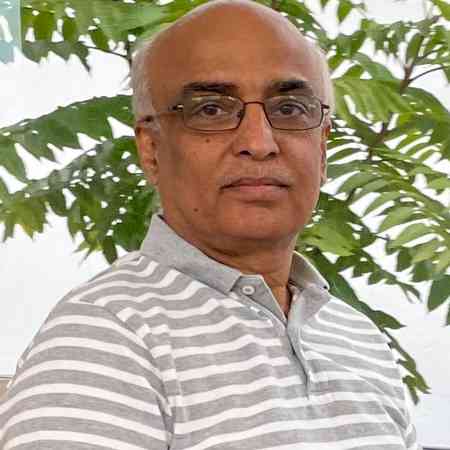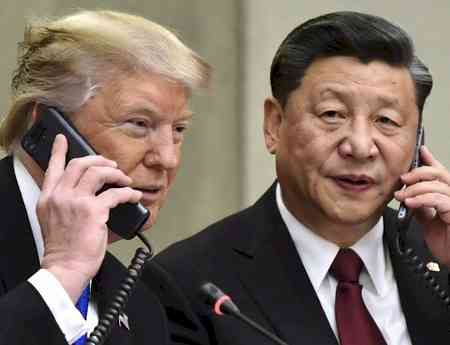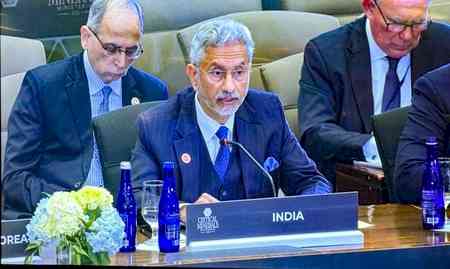Sindhi leader backs Rajnath Singh; signals willingness for reunification with India amid Pakistan's repression
Shafi Burfat, Chairman of the Jeay Sindh Muttahida Mahaz (JSMM), reiterated that Sindh remains open to forming a confederation with India, based on mutual respect, sovereignty, and the shared historical, cultural, and civilisational ties, citing continued repression in Pakistan.

Berlin, Nov 24 (IANS) Shafi Burfat, Chairman of the Jeay Sindh Muttahida Mahaz (JSMM), reiterated that Sindh remains open to forming a confederation with India, based on mutual respect, sovereignty, and the shared historical, cultural, and civilisational ties, citing continued repression in Pakistan.
This comes a day after Indian Defence Minister Rajnath Singh had said that although Sindh is not within India's political borders today, the region remains integral to India's civilisational and cultural memory.
"Sindh may not be with us geographically, but civilisationally it has always been a part of India," he remarked.
Welcoming Defence Minister Rajnath Singh's recent remarks at an event in New Delhi, hinting that Sindh may, in the future, become a part of India, the Sindhi leader said, "We strongly acknowledge and appreciate his remarks made at the event organised by the Vishwa Sindhu Foundation."
Burfat accused Pakistan of perpetuating state terrorism, repression, and inhumane violence, alleging that mutilated bodies of Sindhi political activists continued to be dumped across Sindh. He stated that Pakistan has become "a lethal poison for the very existence of the Sindhi nation".
"We consider Sindh not only the historical homeland of the Sindhi nation, but also the motherland of ancient civilisations. Sindh, from which India derives its very name, is the cradle of human civilisation and the birthplace of one of humanity's oldest cultural identities. We firmly believe that the people of Sindh have never been historically connected to Arab or Turkic powers based on religion or ideology. Instead, our civilisational, cultural, and historical roots have always been deeply linked with the land of Sapt Sindhudesh, India," Burfat said in a post on X.
Stressing that Sindh and India are parts of one shared civilisational space, Burfat stated that the region, "which was forcibly incorporated into Pakistan through British-engineered political manipulation and religious deception", is facing a systematic distortion of its history.
Expressing concern, he said, within Pakistan, the very national existence of Sindh is under threat, with the Sindhi language, historical identity, and cultural heritage being targeted through continuous Pakistan-sponsored conspiracies.
He alleged that Pakistan's Punjab-dominated Islamic theocracy has imposed political oppression upon Sindh.
"Vast areas of Sindh's river, coast, and millions of acres of land have been occupied by Punjabi imperial interests and their corrupt, militarised establishment. The economic resources of Sindh are being exploited, while deliberate attempts are underway to artificially alter the demographic structure of Sindh," the Sindhi leader stated.
Highlighting the atrocities by Pakistani authorities, Burfat said that Rajnath Singh's statement, that Sindh may, in the future, become a part of India, is seen as a "ray of hope for the national unity, survival, security, and the re-emergence and completion of the Sindhi nation".
--IANS
scor/sd/



 IANS
IANS 










